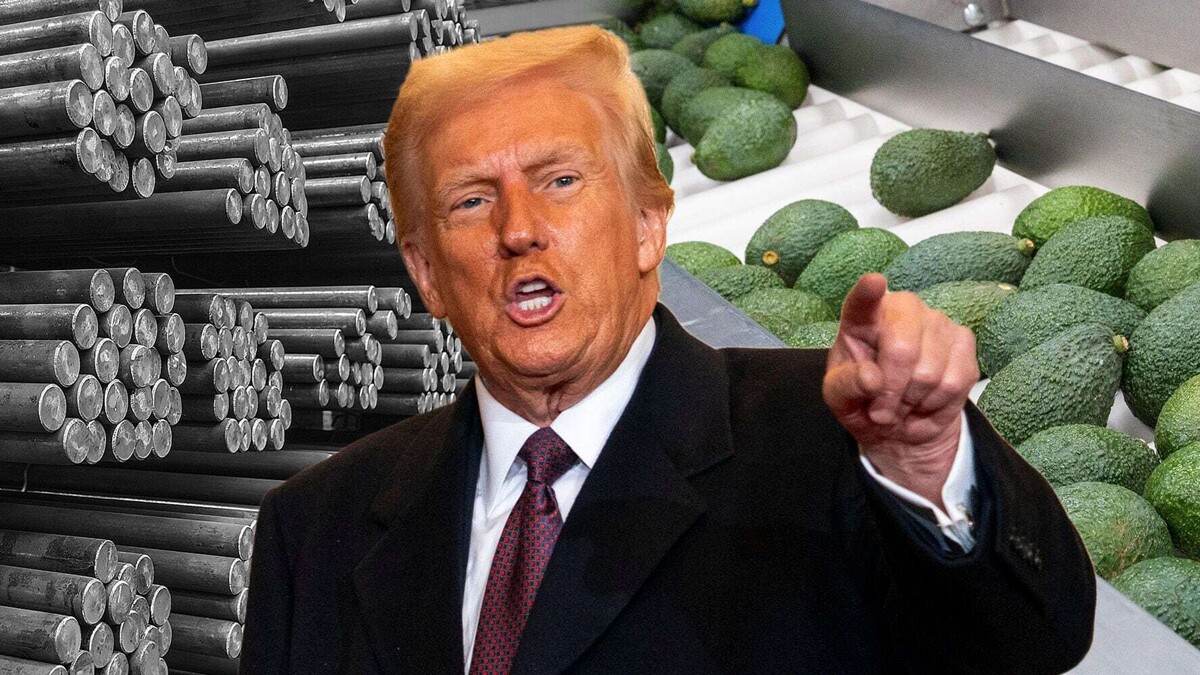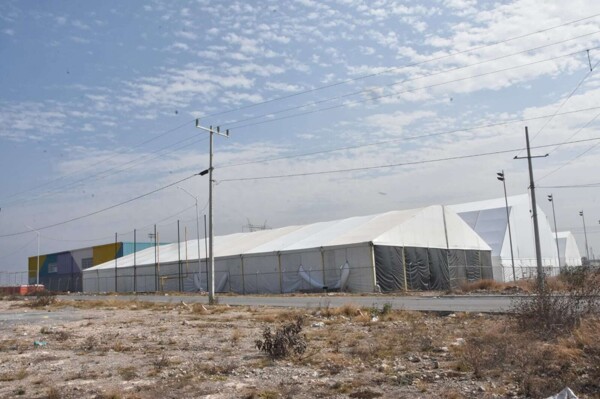
The President of the United States, Donald Trump, maintains the threat of imposing tariffs on Mexico, which has raised concerns among analysts who believe this measure would have a 'catastrophic' impact on the Mexican economy. These tariffs are expected to affect various sectors, such as automotive, steel, aluminum, vegetables, fruits, and part of the electrical industry.
According to Gustavo Uruchurtu, a trade consultant at the National Autonomous University of Mexico (UNAM), determining which products could be affected by these compensatory measures is not an easy task, considering the importance of many of them for the Mexican industry. Additionally, a reduction of up to two percentage points in Mexico's growth rate is anticipated, which would have negative consequences for the country's economy.
The Peterson Institute for International Economics (PIIE) points out that Mexico has a significant portion of its Gross Domestic Product (GDP) in exports, around 40%, with 80% of these exports destined for the United States. This could lead to an economic decline that increases illegal migration to the U.S., contradicting the objectives of the Trump administration in that aspect.
Furthermore, other potential negative repercussions are expected, such as a reduction in Mexican exports, lower incoming remittances, affecting external liquidity, and a weakness of both the Mexican peso and the Canadian dollar.
White House spokesperson Karoline Leavitt confirmed that the tariffs planned by Trump would remain in place until February 1, unless Mexico takes measures to curb illegal migration. According to the U.S. Secretary of Commerce, monitoring of Mexico and Canada’s actions is ongoing, but tariffs have not yet been avoided.
The nominee for U.S. Secretary of Commerce, Howard Lutnick, has communicated that the initial tariffs will not be applied if actions are taken against drug trafficking. However, the imposition of new tariffs is expected by the end of March or in April, related to stopping fentanyl trafficking. Trump seeks to pressure Mexico and Canada to improve border security as part of these trade measures.














